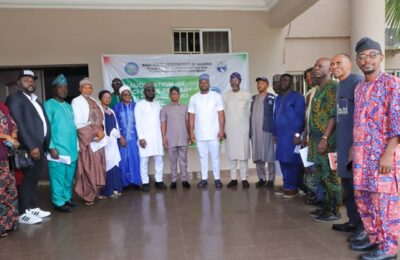The relationship between political leaders and their constituents is built on trust. Citizens entrust their leaders to make decisions that benefit the greater good, but this trust is often betrayed when leaders prioritize their own interests over the welfare of the people. One of the most damaging manifestations of this betrayal is when leaders spread falsehoods or misinformation to manipulate public opinion or maintain their grip on power.
This essay explores the reasons behind this behavior, its consequences, and the importance of accountability in governance.
The Motivation Behind Deception

Political leaders often resort to dishonesty for a variety of reasons. One primary motivation is the pursuit of power. By manipulating information, leaders can control narratives, discredit opponents, and maintain their positions of authority.
Personal gain is another factor. Leaders may lie to secure financial benefits, secure alliances, or gain favor with influential groups.
Additionally, party loyalty can drive leaders to defend their party’s interests at the expense of truth, even when it harms the public.
The Consequences of Deception
When leaders deceive their constituents, the consequences can be severe. Misinformation erodes trust in institutions, weakens democratic processes, and can lead to poor decision-making by the public. In extreme cases, it can incite violence, deepen social divisions, or result in policies that harm vulnerable populations. The long-term damage to society’s fabric can be irreparable, as citizens lose faith in their leaders and the systems meant to serve them.
The Importance of Accountability
To combat political deception, accountability is crucial. This begins with an informed and engaged citizenry. By staying vigilant, questioning narratives, and demanding transparency, citizens can hold their leaders to higher standards. Independent media, robust legal frameworks, and strong institutions also play a vital role in exposing falsehoods and ensuring leaders are answerable for their actions.
Conclusion
The tendency for political leaders to prioritize their interests over truth is a persistent challenge in governance. However, by fostering a culture of accountability and empowering citizens, societies can reduce the prevalence of deception and build more transparent, trustworthy leadership. The health of a democracy depends on the willingness of its people to demand honesty and integrity from those in power.
– Isaac Kayode Obajemu writes from Lokoja.





